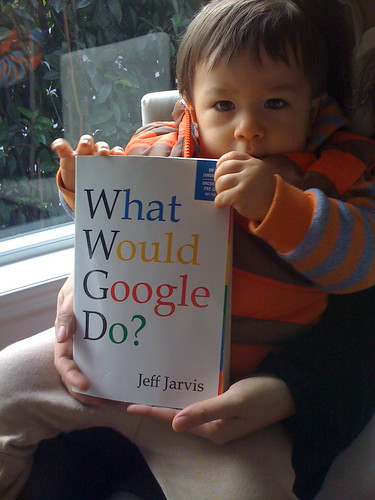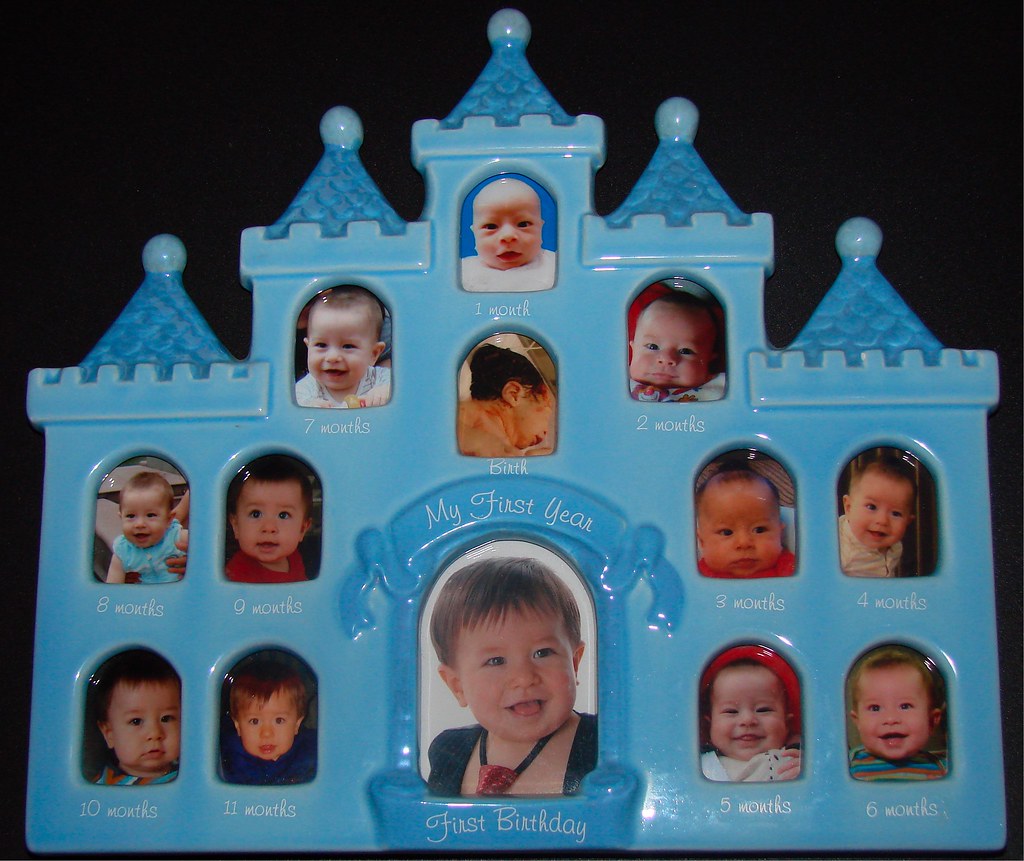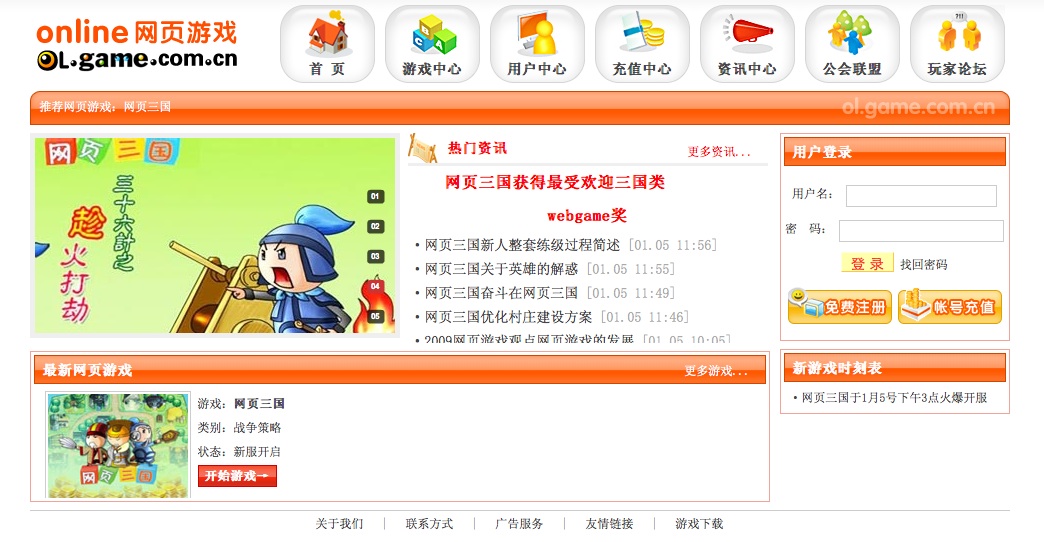 A few weeks ago I got my hands on a pre-galley copy of Jeff Jarvis upcoming book What Would Google Do? Judging from the title you might think this is just another book about Google, but it isn’t. It’s a book about seeing the world as Google sees it. What Jarvis did is translating Google’s way of doing business into a set of rules to live and do business by.
A few weeks ago I got my hands on a pre-galley copy of Jeff Jarvis upcoming book What Would Google Do? Judging from the title you might think this is just another book about Google, but it isn’t. It’s a book about seeing the world as Google sees it. What Jarvis did is translating Google’s way of doing business into a set of rules to live and do business by.
I loved the book, not only because it’s a highly entertaining read filled with real life examples, but especially because I think it will open the eyes of many people about how the world has changed because of the Internet, and what they should do to stay ahead or at least keep up. Many of the Google Rules that Jarvis defines are very recognizable to me and several have helped me to grow my businesses over the past years. But others I did not really think through yet, so they were quite thought provoking while reading the book.
The first part of the book is about the Google Rules, the way Google does its business, about 30 in total. Some of the most important include:
– Jeff Jarvis First Law: Give the people trust and we will use it. Don’t and you will lose it. The powerful (companies, institutions and governments) used to be in charge because of the control they had, but the world has changed. They can only win it back by being more transparent and listen to their customers
– Your customer is your advertising agency: Google spends next to nothing in advertising, people spread the word for them. Let your customers do that for you. Good news for Internet Word of Mouth companies like Sam Flemming‘s CIC (in which I am an investor).
– Join the Open Source, Gift Economy: Your customers will help you if you ask them, people like to be generous (look at Wikipedia for example)
– The masses are dead, long live the niches: Aggregation of the long tail replaces the mass. Not one online video will have the ratings of the Superbowl, but together they capture a huge audience
– Free is a business model: Google will find ways to make money by offering services for free. Charging money costs money
– Make mistakes well: It can be a good thing to make mistakes, but it depends on how you handle them. Corrections enhance credibility. You don’t need to launch the perfect product, your customers can (and will) help you to improve it
– Beware of the cash cow in the coal mine: Cash flow can blind you to the strategic necessity of change, tough decisions and innovations
These rules will change the way you will do business. And not just for obvious industries like the Internet or traditional media. In the second part of the book, If Google Ruled The World, Jarvis describes the impact on (or better: opportunities for) many different industries. From media to advertising, from retail to manufacturing, and from the service industry to banking and VC’s. He describes how these industries will be forced to change and how you can become a winner by changing faster than your competition – or lose everything if you believe that your current business model will survive. A thought provoking and very inspiring part of his book. If you’re in one of the industries mentioned above it is a must to read his analysis. Even if you are not convinced by Jarvis analysis, it should make you think about the opportunities and threats the future holds for you.
The final part of the book, Generation G, is more about the impact of Google on personal life. Google will keep people connected: young people will stay linked, likely for the rest of their lives. This improves the nature of friendships and how you treat each other. Past mistakes will be visible forever, but if you made mistakes it not a big issue, because everybody did. An age of transparency must be an age of forgiveness, in Googlespeak: Life is a beta. Privacy is not the issue, but control over your private information is.
A lot of people my age (I’m 36 years old) ask me why I put my whole life online, they do not understand this. This book may help them to understand. And it’s not just me doing this of course, it’s the whole younger generation doing this. Sharing of information is a social act, it is the basis of connections. Sharing brings social benefits that outweigh risks. Withholding information from the collective knowledge may even be considered anti-social. If I look at Twitter and read what other people are for example eating for breakfast, some people may laugh and say it is nonsense to put that online. But Jeff Jarvis calls it ‘ambient intimacy’ and explains that it is good for friendships.
It does not happen often that I read a book that I fully agree with, but this is one of them. Mr. Jarvis puts on paper how I see the world changing around us and how I see people getting left behind because they fail to see it. But he also explains what they can do to keep up or stay ahead of the rest. For people living and working on the Internet like me, a lot of things may not be new, but reading Mr. Jarvis analysis is still very worthwhile. If you do not know all ins and outs of the Internet, this book is a must-read. If there is one non-fiction book you plan to read this year, this should be the one.
What Would Google Do? will be published on January 27, 2009. You can pre-order it here.
 Yesterday I was reading some newspapers and magazines online when I came across an Associated Press article about the response of companies in China to the global downturn, especially with regards to bonuses and Chinese New Year parties. It was an interesting read, and I was surprised to see among others a comparison of Tudou.com (where I am a board member) and Daimler China (my former employer in China, before I became an entrepreneur) in the article. However, when I read what had been written about Tudou I had the feeling some comments were taken out of their context.
Yesterday I was reading some newspapers and magazines online when I came across an Associated Press article about the response of companies in China to the global downturn, especially with regards to bonuses and Chinese New Year parties. It was an interesting read, and I was surprised to see among others a comparison of Tudou.com (where I am a board member) and Daimler China (my former employer in China, before I became an entrepreneur) in the article. However, when I read what had been written about Tudou I had the feeling some comments were taken out of their context.






